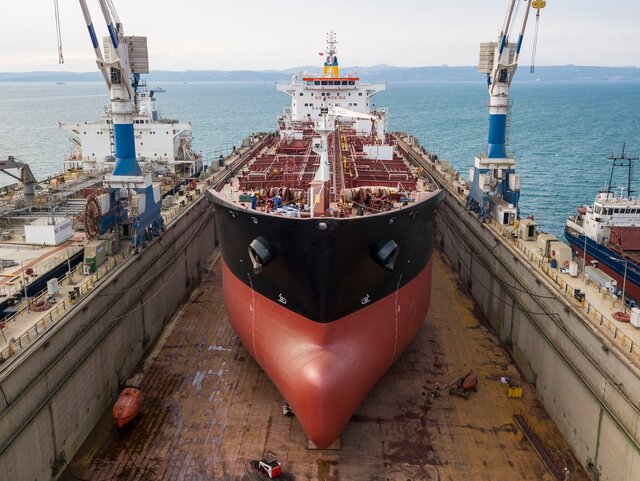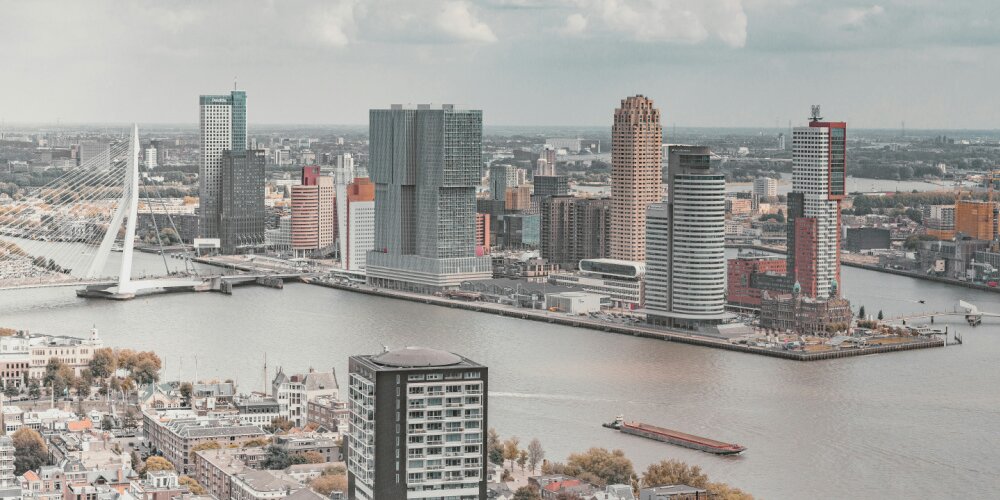We use cookies on your device to help provide you with a reliable service, to measure and improve site performance and to help us to provide you with a more personalised experience. For more information, please see our Cookie Policy.
Browse our services
Explore how Brookes Bell can help you
Find an expert
Meet our team, find and expert and connect
Contact us
Get in touch, we're here to help


